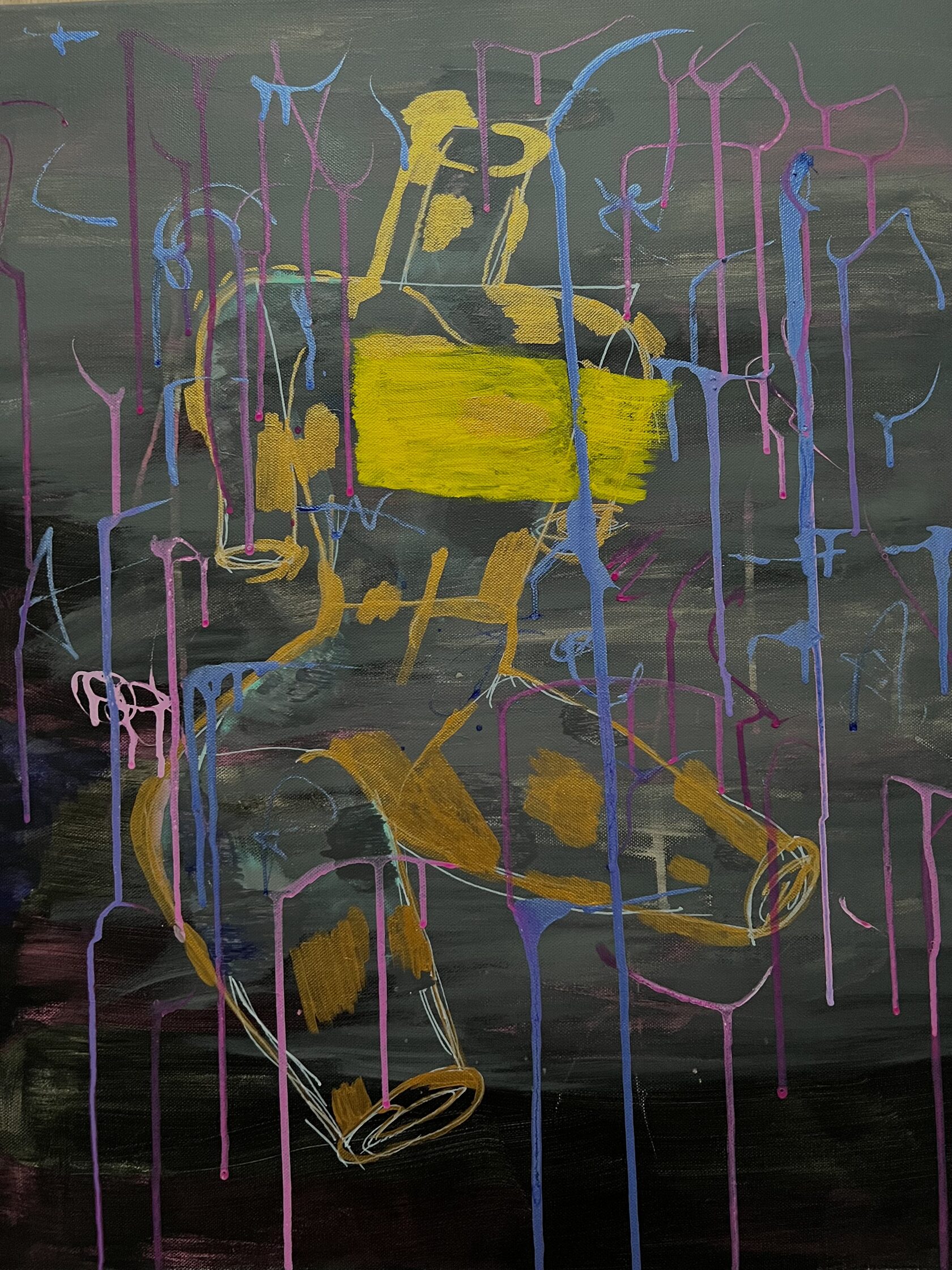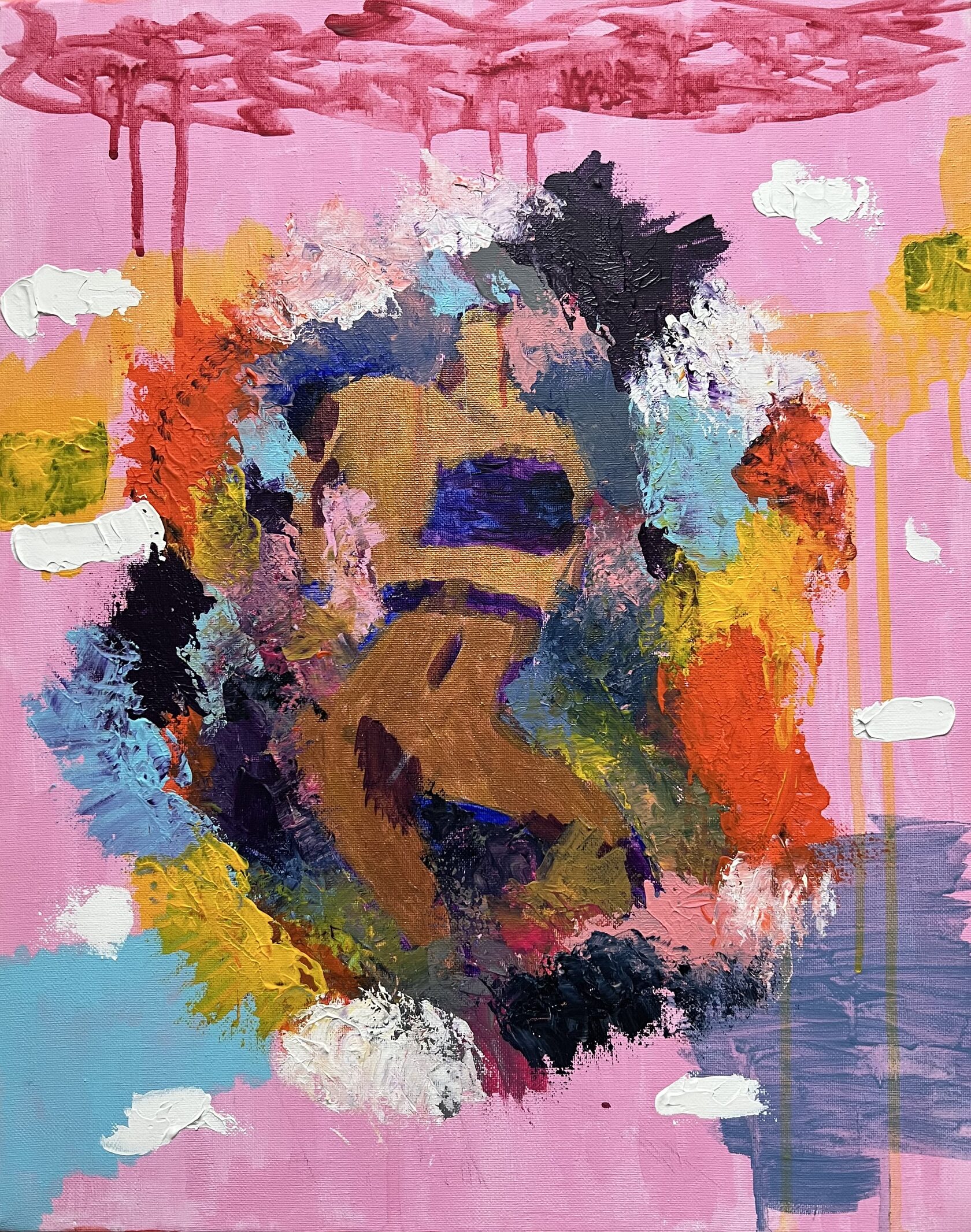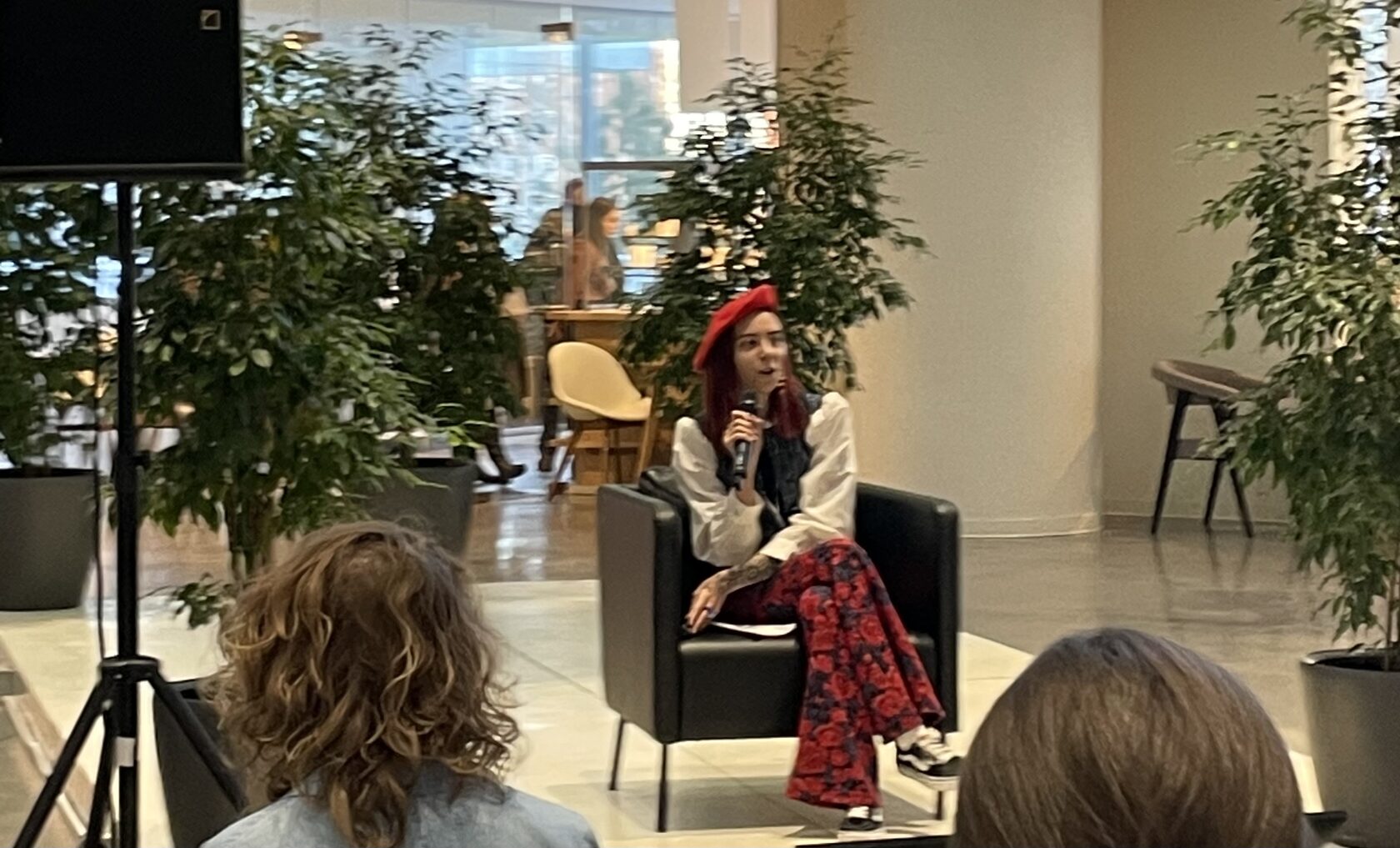MYSLEFORMY
ACCEPTING

Our body is an intrinsic part of our identity and personal autonomy, and therefore it unequivocally belongs to us. However, in today's media-driven society, it is increasingly being portrayed as a product to be manipulated and commodified. This raises important ethical questions about the influence of media on our perception of self-worth and the erosion of bodily autonomy.

The media bombards us with unrealistic beauty standards, promoting unattainable ideals that can lead to body dissatisfaction and low self-esteem. From airbrushed magazine covers to photoshopped social media posts, we are constantly exposed to images that distort reality. This objectification of our bodies reduces them to mere commodities for consumption, perpetuating harmful stereotypes and reinforcing societal pressures
ACCEPTING
Moreover, the rise of influencer culture has further blurred the line between personal autonomy and media product. Influencers often monetize their bodies by promoting products or services through sponsored content. They become walking advertisements, commodifying their appearance for profit. This not only reinforces the idea that our bodies are objects for sale but also creates an unhealthy obsession with external validation.

However, despite these challenges posed by the media, it is crucial to remember that our bodies ultimately belong to us. We have the right to make decisions about how we present ourselves without being influenced by external forces. It is essential to cultivate a positive body image based on self-acceptance rather than conforming to societal expectations.
In conclusion, while the media may try to portray our bodies as products for consumption or manipulation, they ultimately belong solely to us. We must resist these influences by embracing our individuality and rejecting unrealistic beauty standards imposed upon us. Our bodies should be celebrated as unique expressions of ourselves rather than reduced to mere commodities in a consumer-driven world.